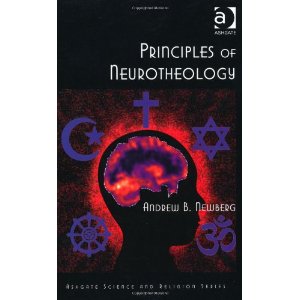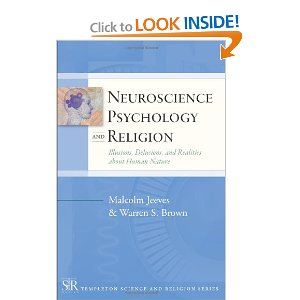
James F. Molben
I tend to read in threes, and read this book together with Questions of Truth: Fifty-one Responses to Questions About God, Science, and Belief and The Beginning of All Things: Science and Religion. The three books complement each other very nicely, and if you can afford the time and money, all three are recommended. Of the three, this is the six plus, with the other two being solid fives, but with the added comment that Questions of Truth is easily the second recommended book, and for the more general audience, while Beginning of All Things is more of a graduate review. It must be said that John Polkinghorne and Hans Kung are Nobel-level pioneers on this topic, and hence I must emphasize that while their intellects and total published contributions in the aggregate are six plus in every way, in this instance, this particular book by James Molben won by a solid head and neck.
The discussion of science and religion as NOT being in conflict, and as both being complementary and both sharing a focus on finding the truth, has been given recent impetus by Pope Benedict XVI, who has appointed a Protestant to head the Science Academy of the Catholic Church; sponsored an inter-faith summit at Assisi in October 2011 that we hope will focus on the reality that secular corruption and indemnification from the truth are what create war and poverty; and made direct statements to the effect that there is no conflict religion and science, and both strive toward the same end, the truth. As I like to say, the truth at any cost lowers all other costs, it is high time We the People demanded the truth, and nothing but the truth, from what I call the eight tribes of intelligence (academic, civil society including labor and religion), commerce, government, law enforcement, media, military, and non-government/non-profit).
Continue reading “Review: God and Science–Coming Full Circle”








